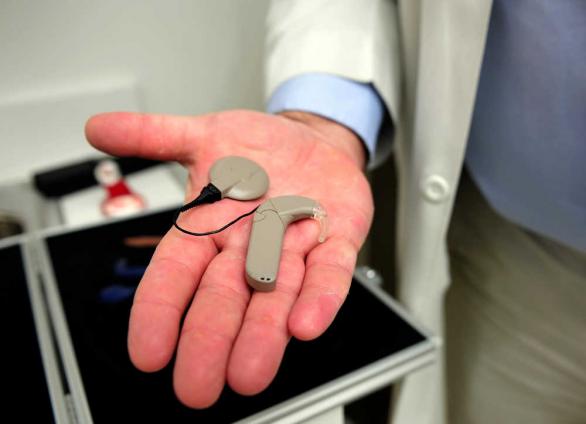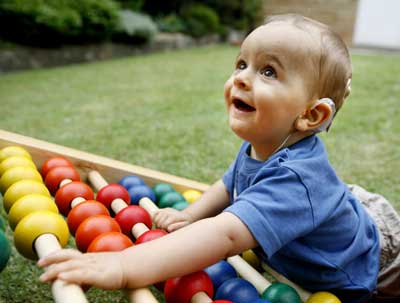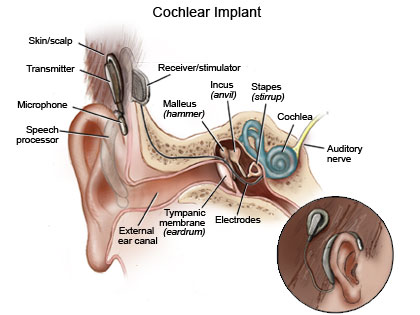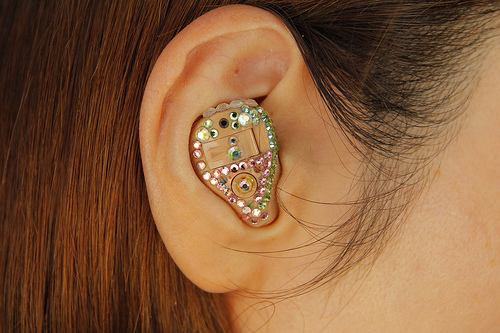Children are absolutely priceless. But unfortunately, the cost of raising a child has risen nearly 40% from a decade ago, according to CNN Money. Not including paying for college, the average two-parent, middle-income household spends $226,920 raising a child from birth until the age of 18. And that figure will only rise, especially in this turbulent economy with skyrocketing food prices.
Parents of children with special needs often struggle more than most to ensure that their children get the proper medical care and therapies that they need. When a child is born with severe hearing loss, his parents might consider cochlear implants (CI). But the cost of the surgery, the devices themselves, and the maintenance would leave your jaw dropping. Including the surgery and post-operative fees, the average cost of cochlear implants in the U.S. is $50,000 to $100,000, according to the Northern Virginia Resource Center for Deaf and Hard of Hearing Persons. And that doesn’t include purchasing a warranty to cover the cost of replacement parts later on. Fortunately, there is help for low-income families who wish their child to have cochlear implants.










